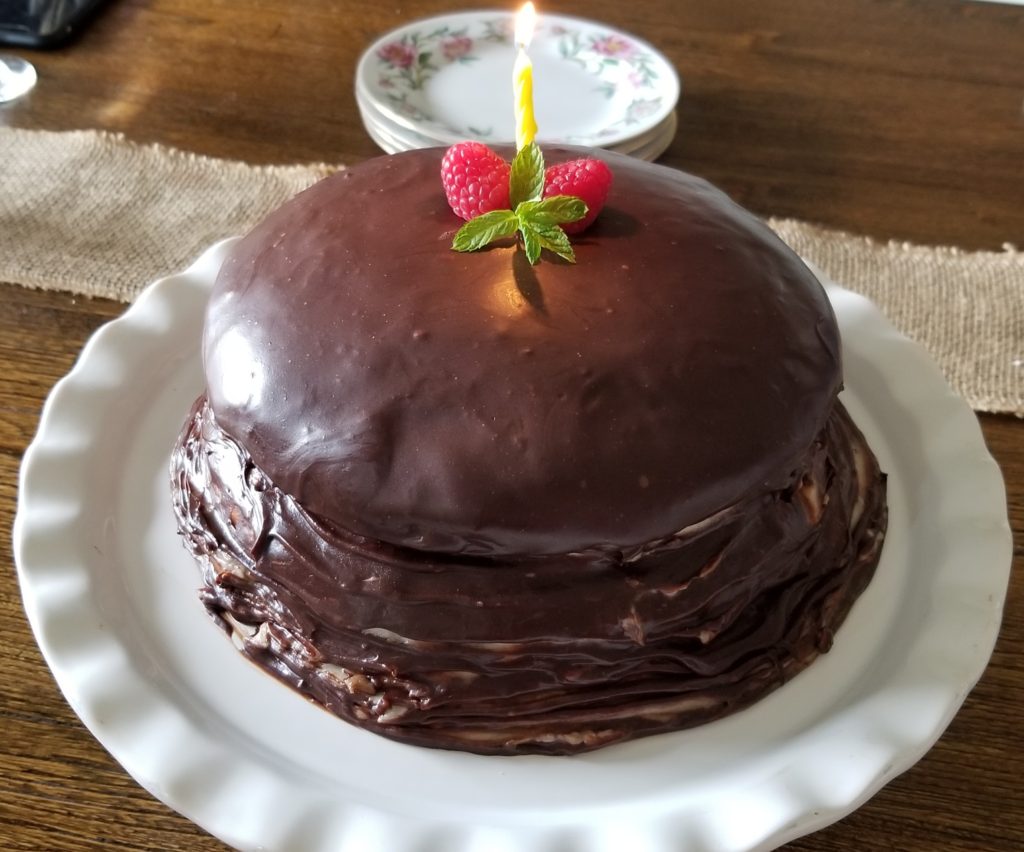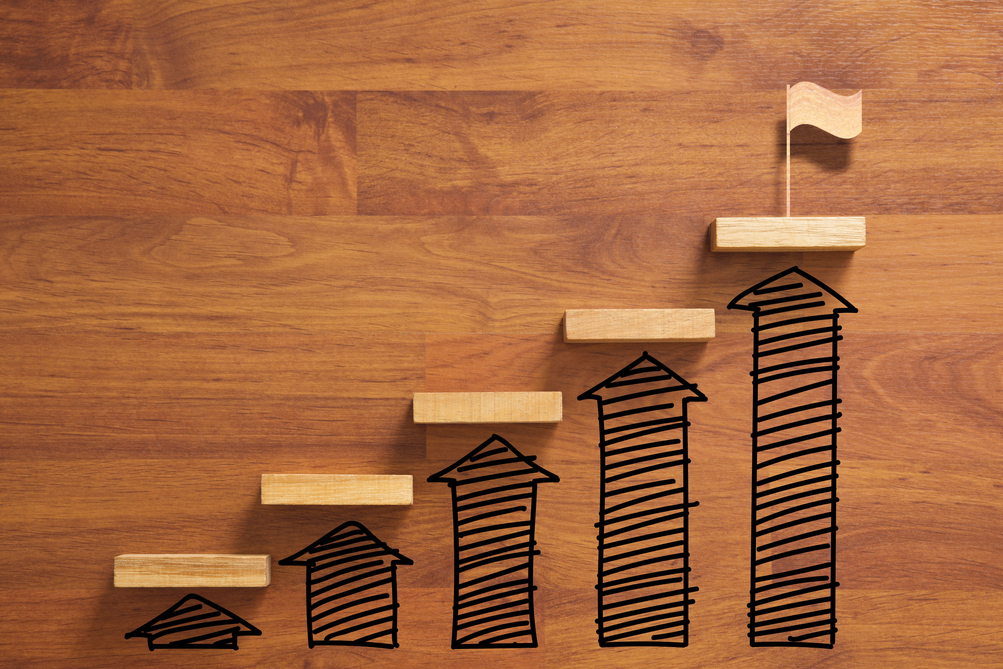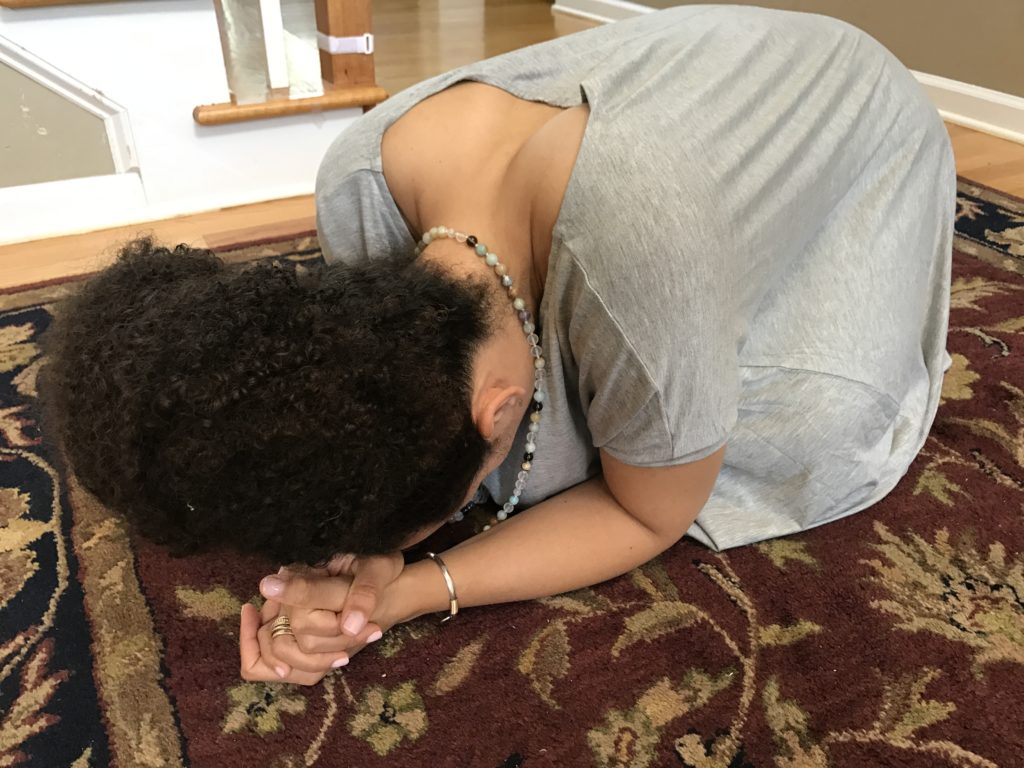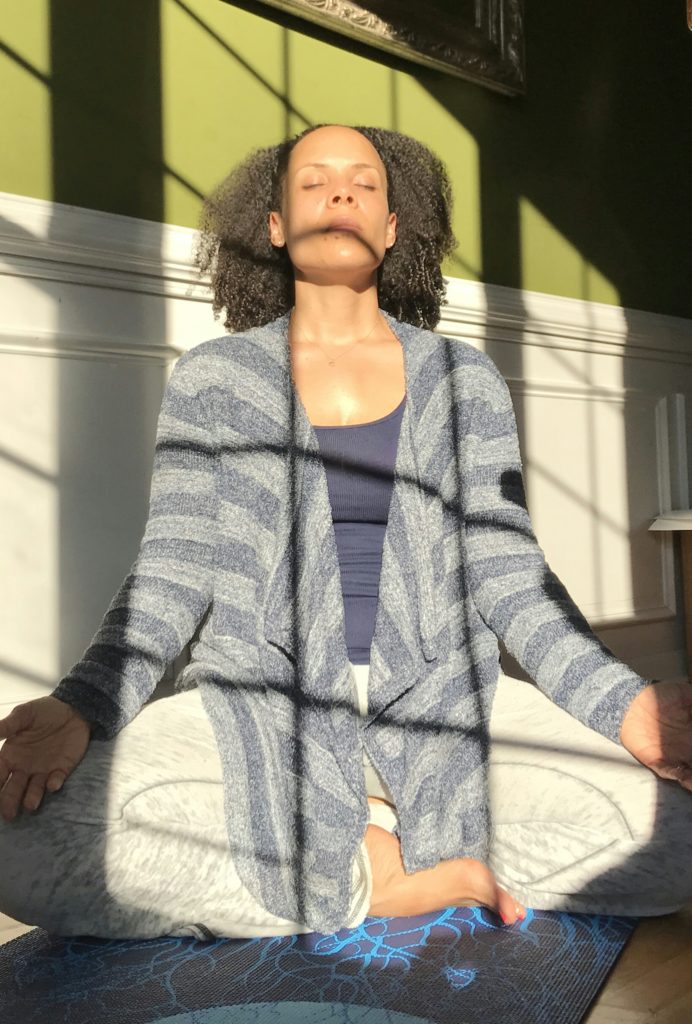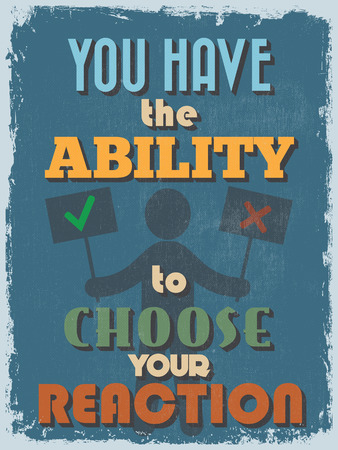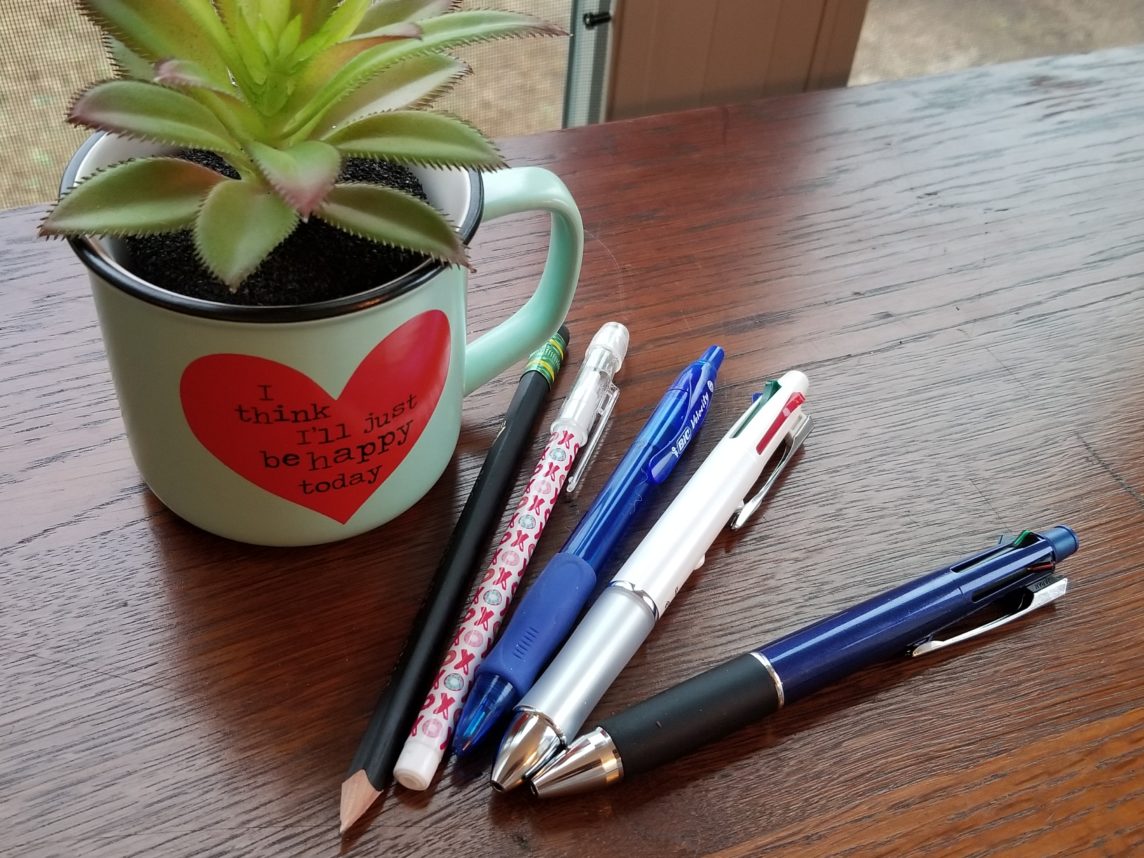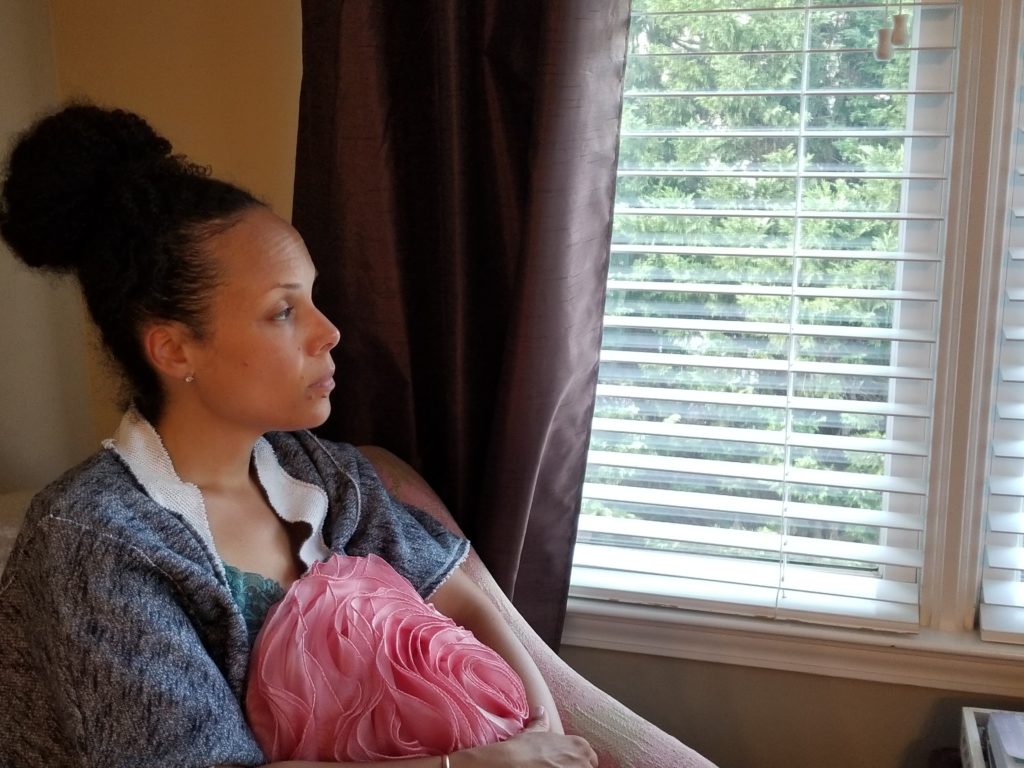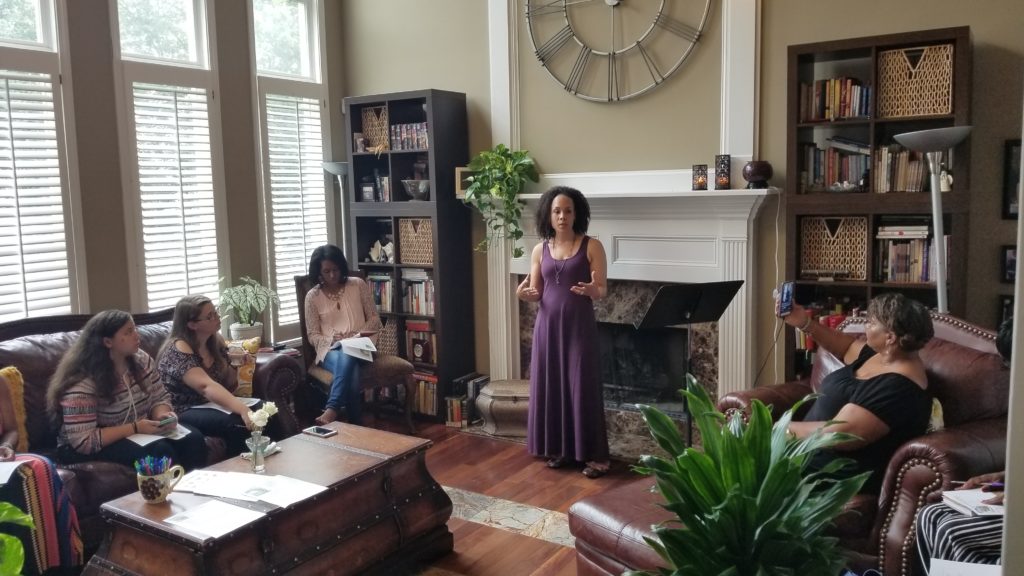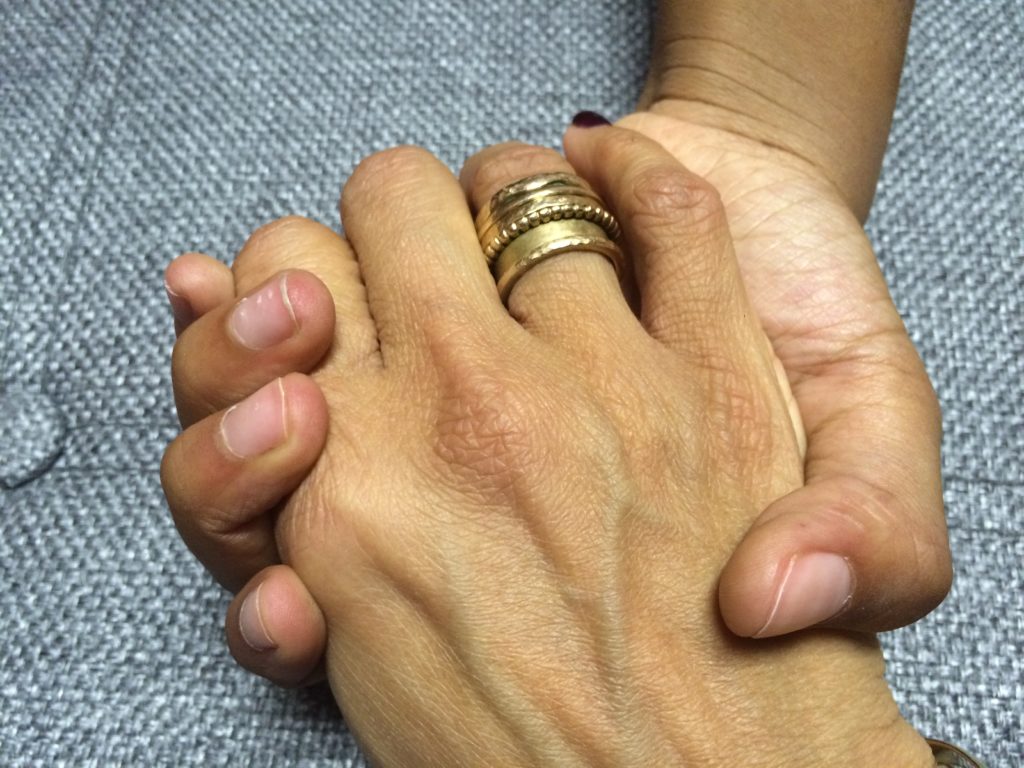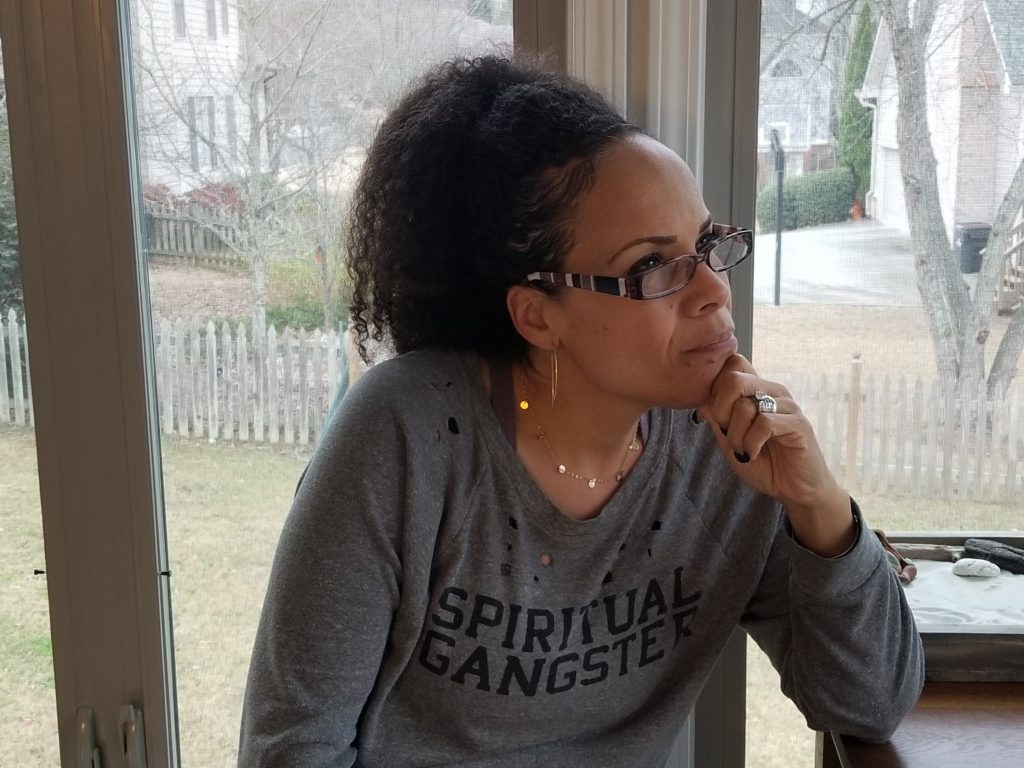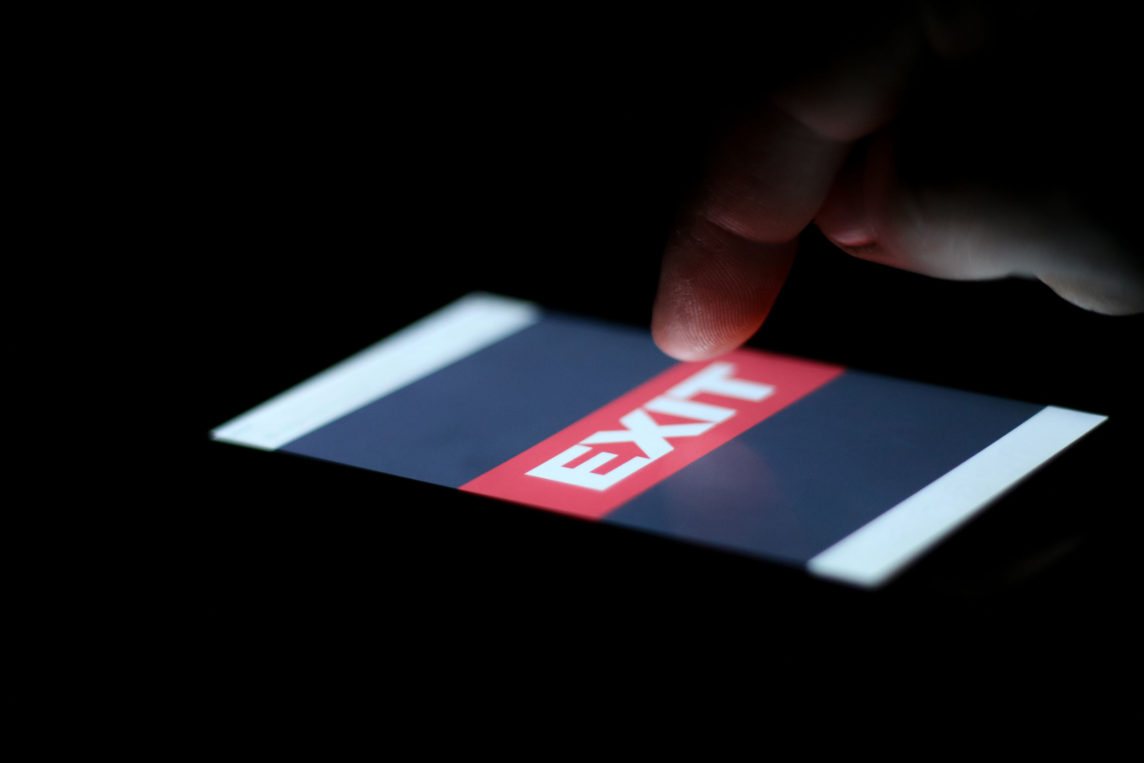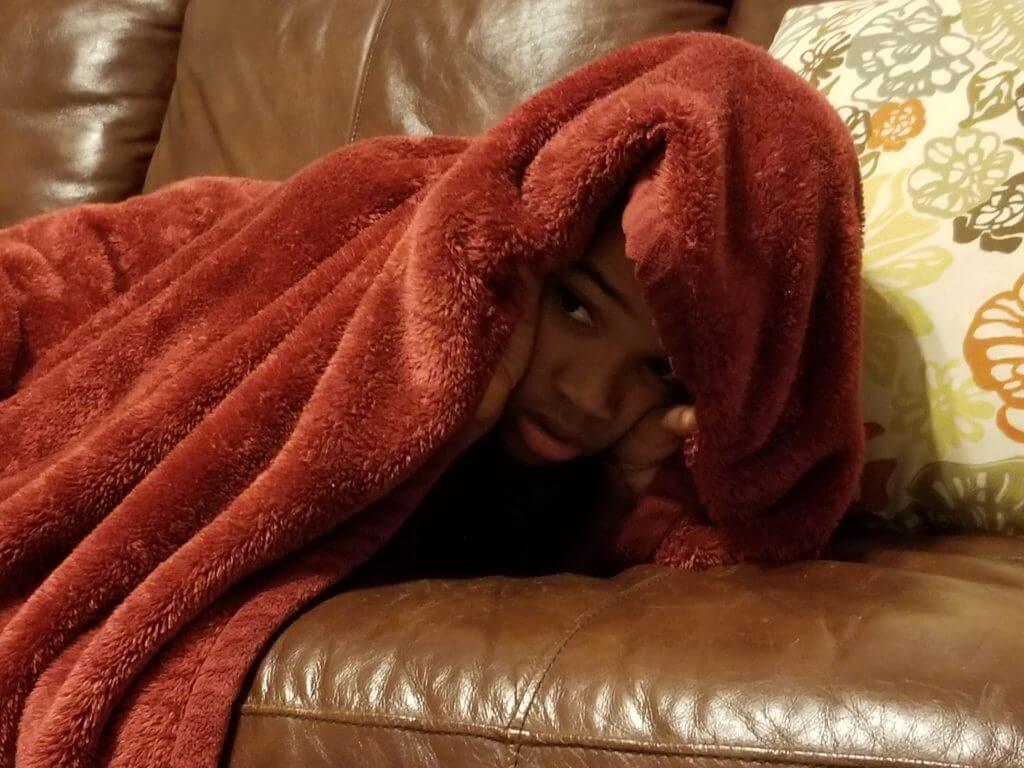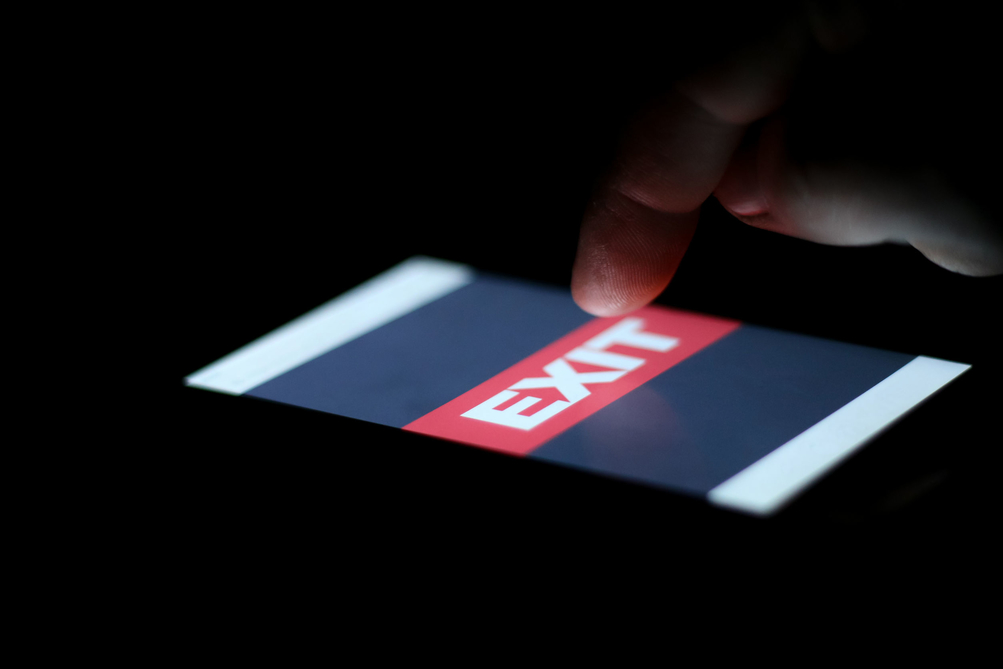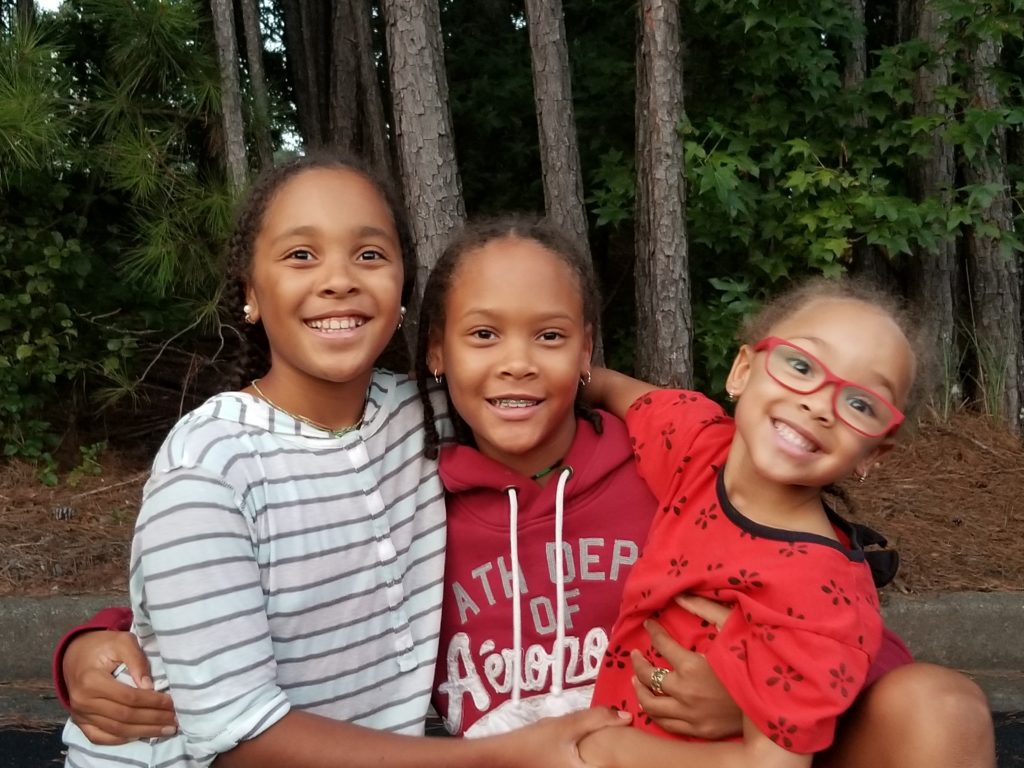It’s tough to write about a topic like self-care, a term that’s so popular that it’s become a buzzword. Self-care seems like a great idea and a tool to empower us to carve out time to do nice things for ourselves until it becomes a weapon to blame us when we aren’t doing enough of it (whatever enough is). But we are going to talk about it. Even if it’s not easy to figure out how to get self-care in our lives, I think we need it. So let’s figure out what it really is so we can decide whether it’s just some fad of the day or a tool we can use. Let’s go!
Sometimes I’ve felt like the process of figuring out how self-care fits in my life is like going shopping for jeans. It’s awkward and uncomfortable, most of the jeans go back on the rack, and it’s frustrating when many don’t fit my body. But when I find the one pair that fits, it’s like a small bit of magic just happened – it feels good! Every top I put together with those jeans looks fantastic, I walk a little taller, and there’s a little more swag in my walk. Those are the jeans we never want to wear out!
Self-care is the same way. When we get it in our lives in a way that works, it feels so good that other things get better too. We feel more patient and calm, it’s easier to give to others, and there’s more energy for the challenges we face. But it can seem like there’s just no time for it, as if self-care belongs to those who can hire help and don’t have as much on their plate as we do.
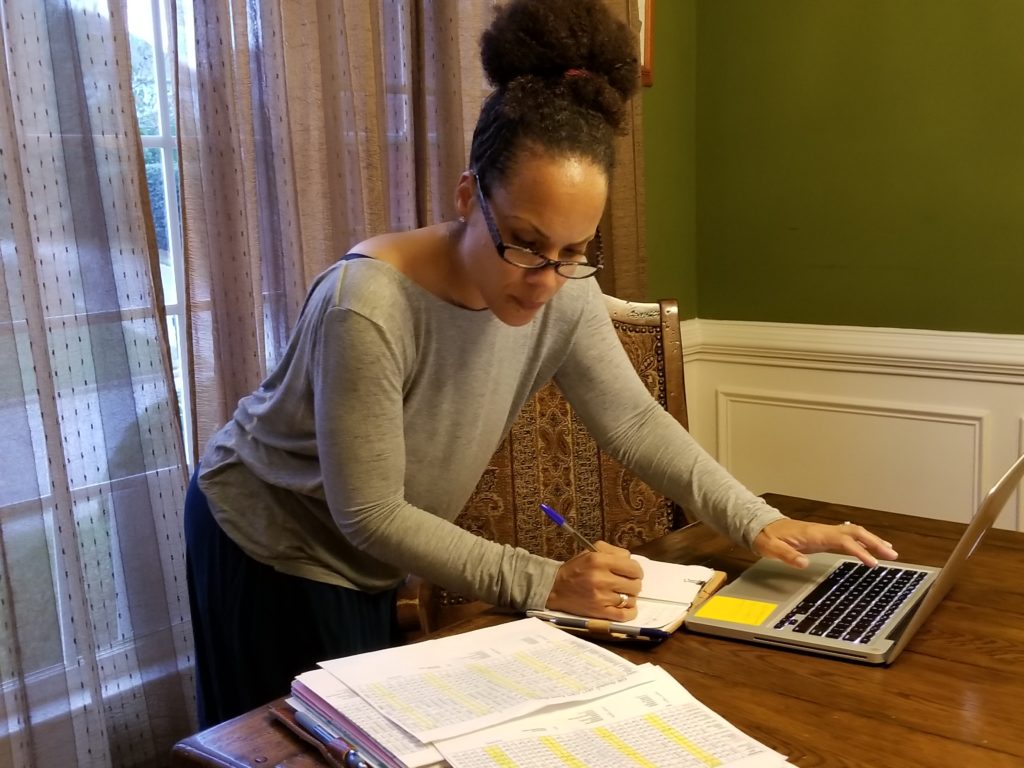
But that’s not it.
The problem is what we think self-care is instead of what it really is.
We think self-care is a spa day or getting our pedicure done, or having enough money to buy a new designer bag or go shopping for a new spring wardrobe even if we don’t need the clothes. We think self-care is being able to have someone else take care of our home and family while we put our feet up and get a massage.
It can be all of this. Or none of it.
Self-care comes from the understanding that you are a human with needs, and those needs are to be met. As a woman, you are highly likely to be taking care of many other people – a spouse, children, parents or other family members, employees at work, and so on. It’s not hard for us to see what other people need and step in to help them get taken care of – it’s how we’ve been trained. I won’t get on my soapbox about the patriarchy and societal norms or race, class, and culture, but suffice it to say that as a woman you have been taught to take care of others. That’s just how it is.
And while there’s nothing wrong with taking care of others, there is something off about not recognizing your own basic need for care. As a human being, you have needs too. And let’s face it, as a grown woman, it’s a lot less likely that someone else is going to meet those needs for you. Self-care is very simply you taking care of yourself.
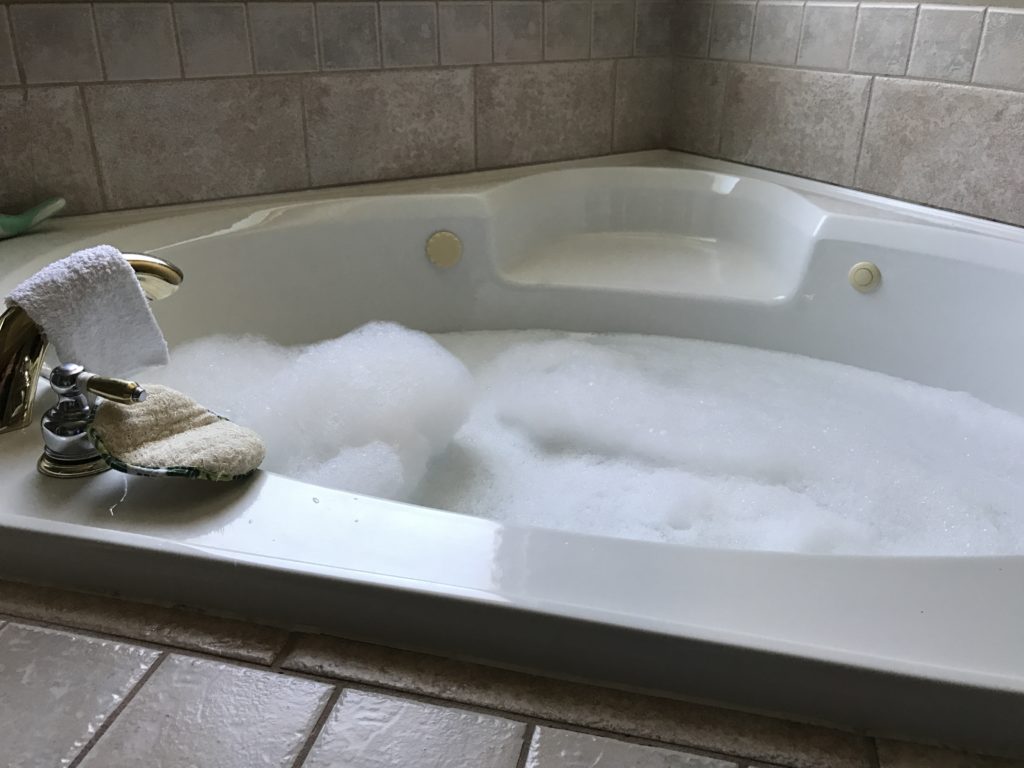
Self-care isn’t as hard as you think. It can be as simple as choosing to go to bed in time to get enough sleep for your body. Self-care is as simple as basic hygiene and can be as complex and lofty as self-actualization. It’s making time and space for you to eat well, moisturize your skin, and dream about your future. It’s deciding that you need to drop 50 pounds and you will commit to making space in your life to get to your goal. It can mean making time to see a therapist or hire a coach to help you on your way.
It can take a lot of time if you make the time, like going away for a solo retreat to rest and meditate and create. Or it can take 30 seconds to practice your deep breathing. Self-care isn’t one thing, because you aren’t one thing. Maybe a spa day isn’t your jam anyway. But a walk in the woods or around your neighborhood fills your soul. Journaling for 10 minutes makes you feel you lost 10 pounds. Why wouldn’t you make space in your life for that?
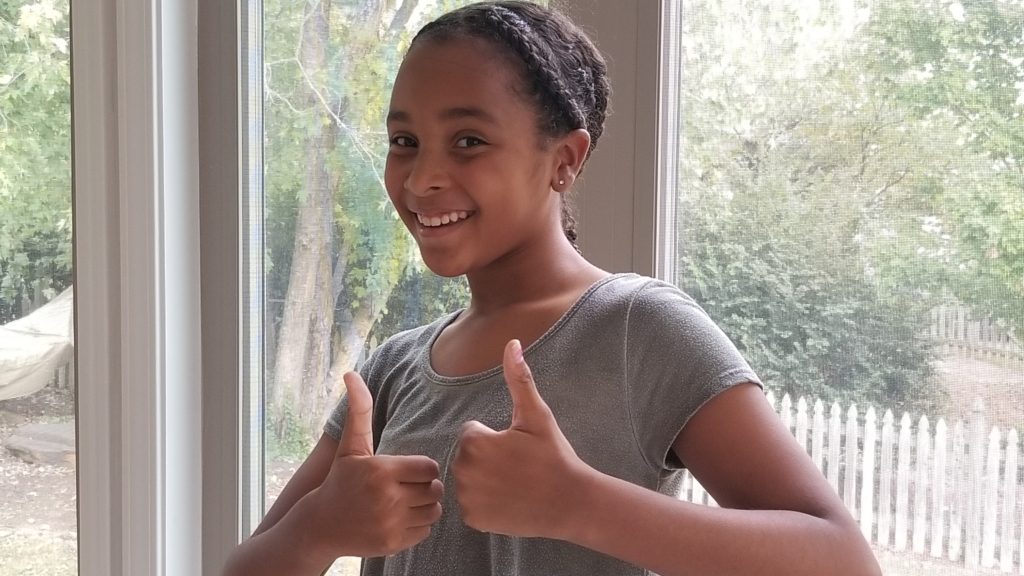
We’ll talk about why we don’t over the next few weeks. But for now, look for small ways you can take care of yourself. Talk to me: What are you going to do to take care of you, big or small? Let me know in the comments! I know we can all use suggestions!
And if you feel stuck, like you want to make a change but just don’t know how to get started, I can help. Changing your pattern of living by yourself can feel like trying to push a boulder uphill – but you don’t have to do it alone. That’s what a coach is for! Email me at drandreachristianparks@gmail.com and we can set up a free session to get you started on changing your life for the better!
Here’s your video help for the week!



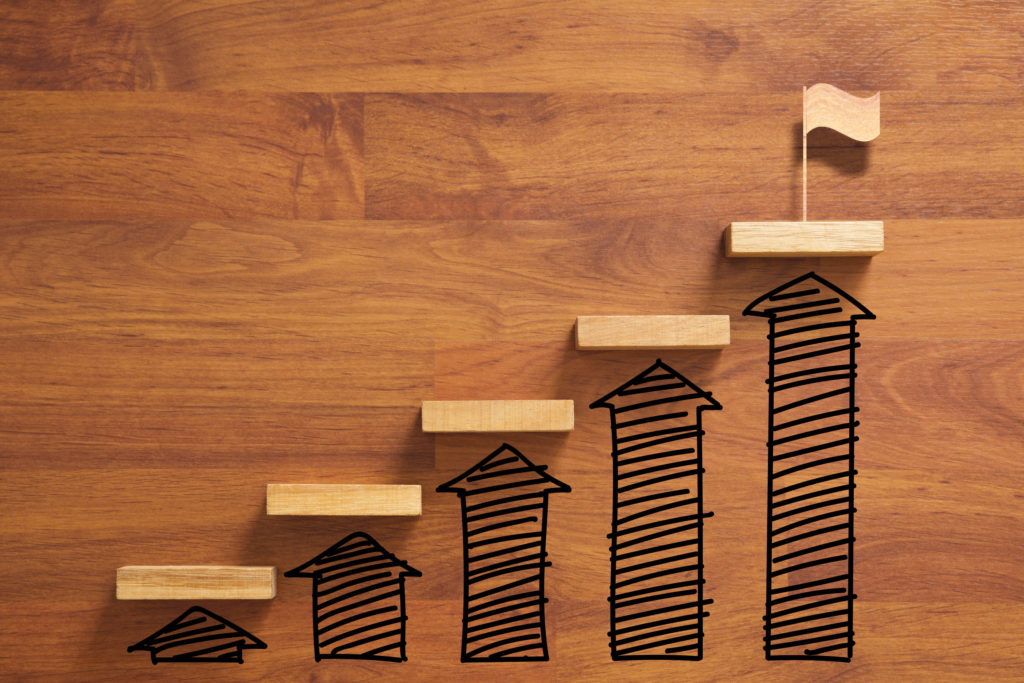
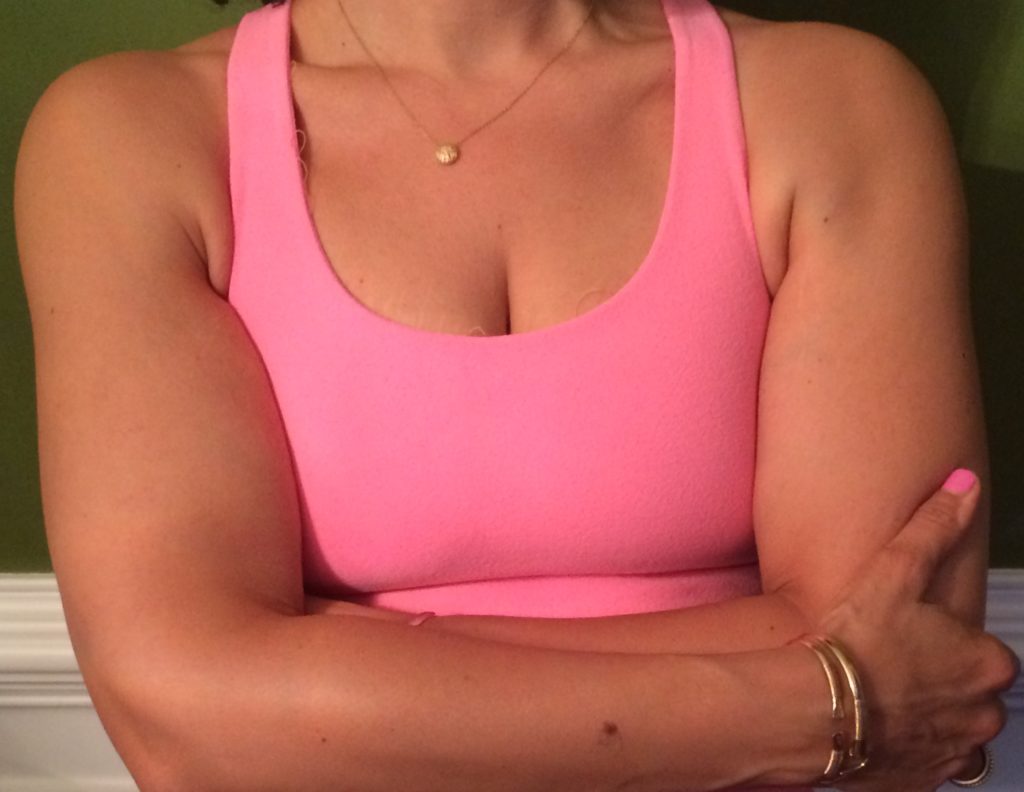



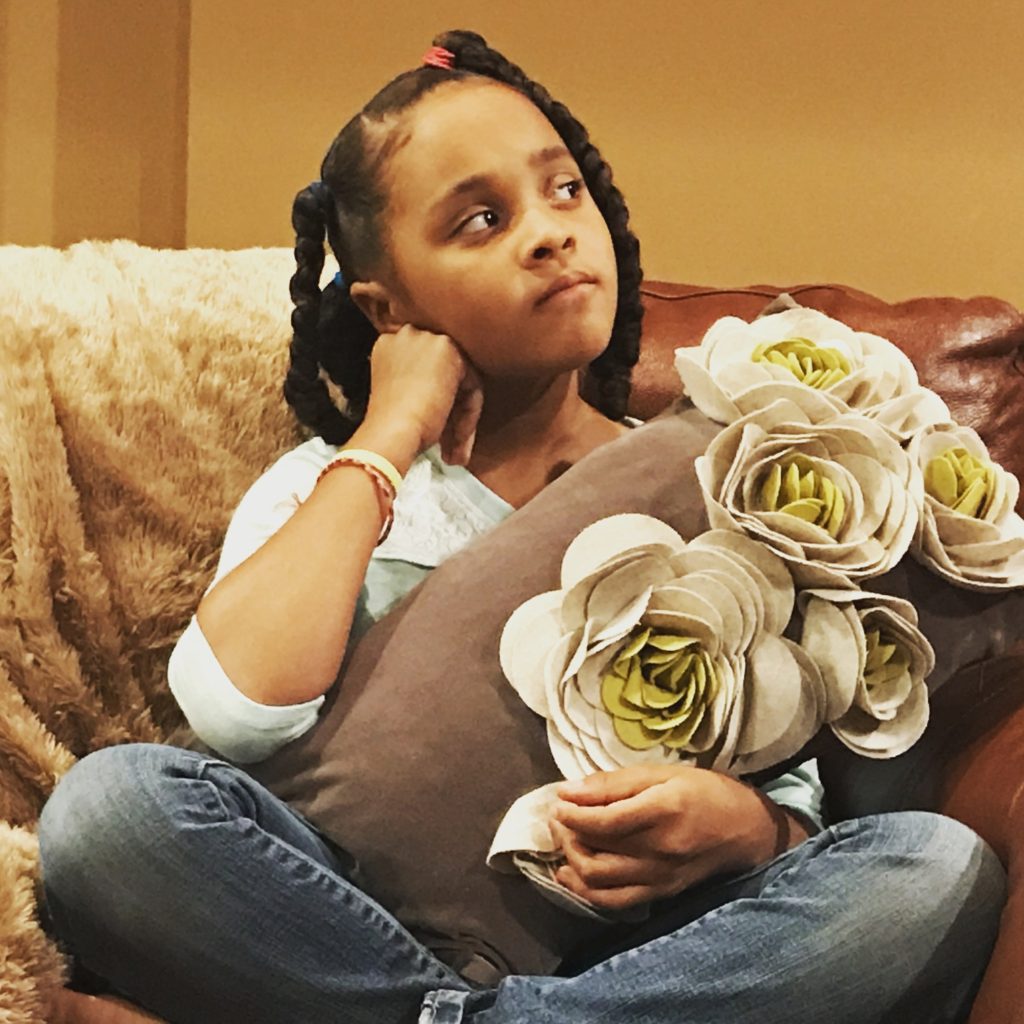
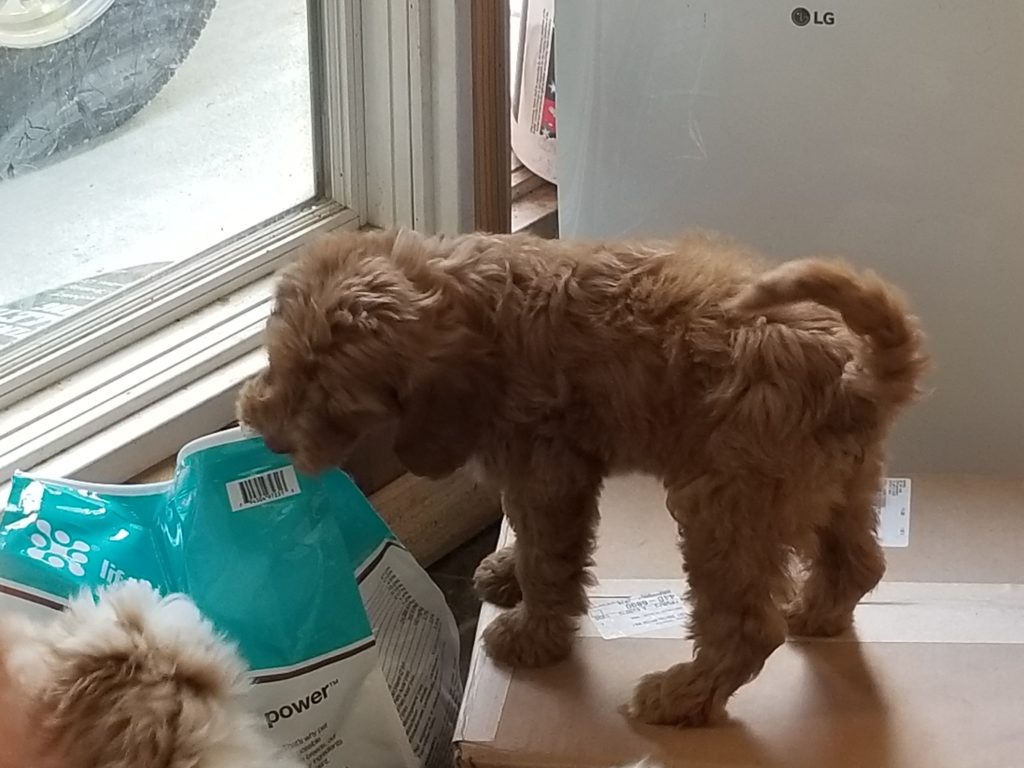
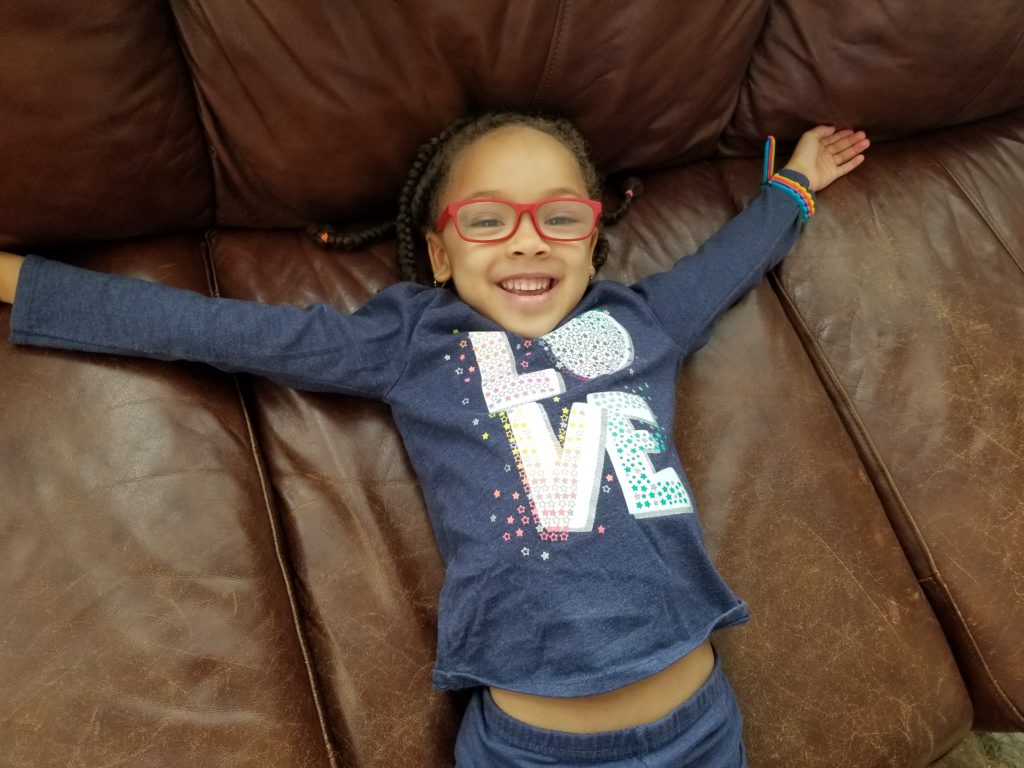
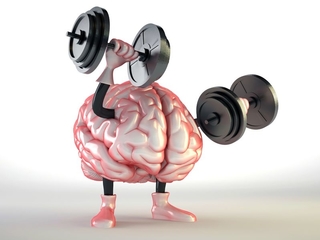

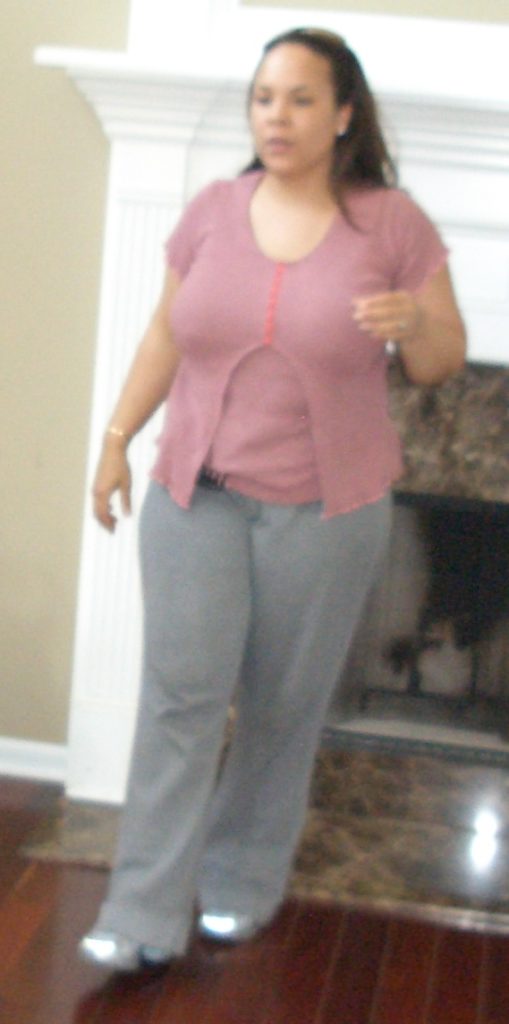 Me before I lost weight…
Me before I lost weight… Me after…
Me after…
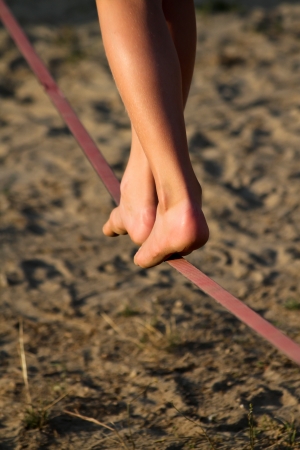

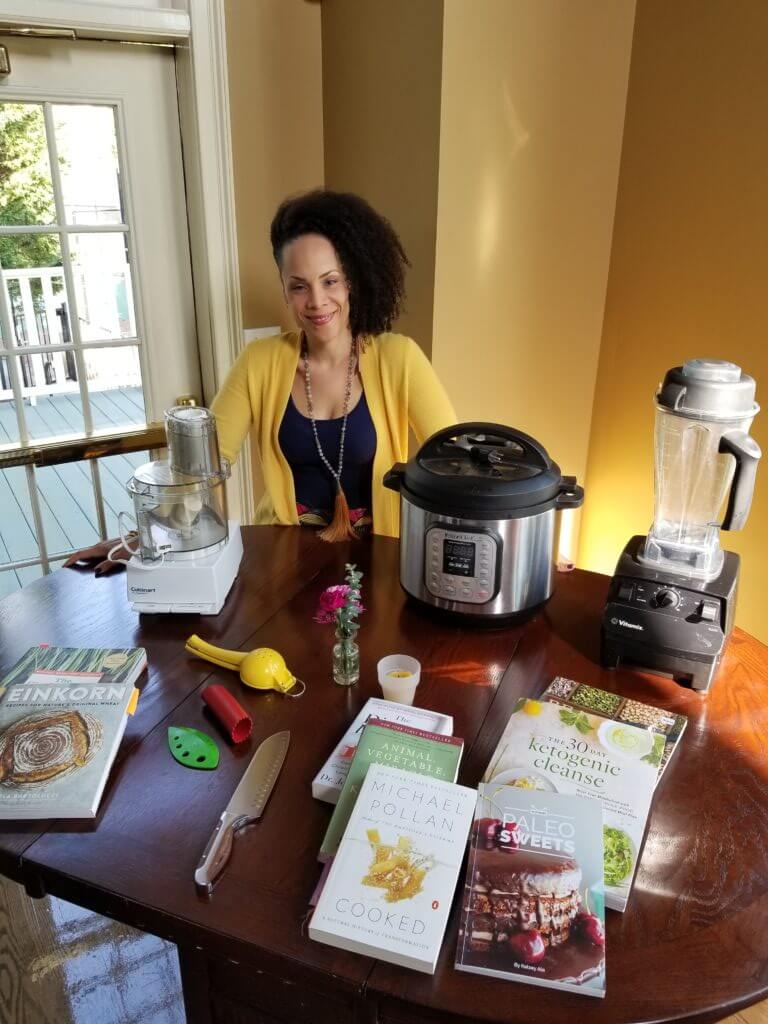 Presto! Doctor to coach…
Presto! Doctor to coach…
